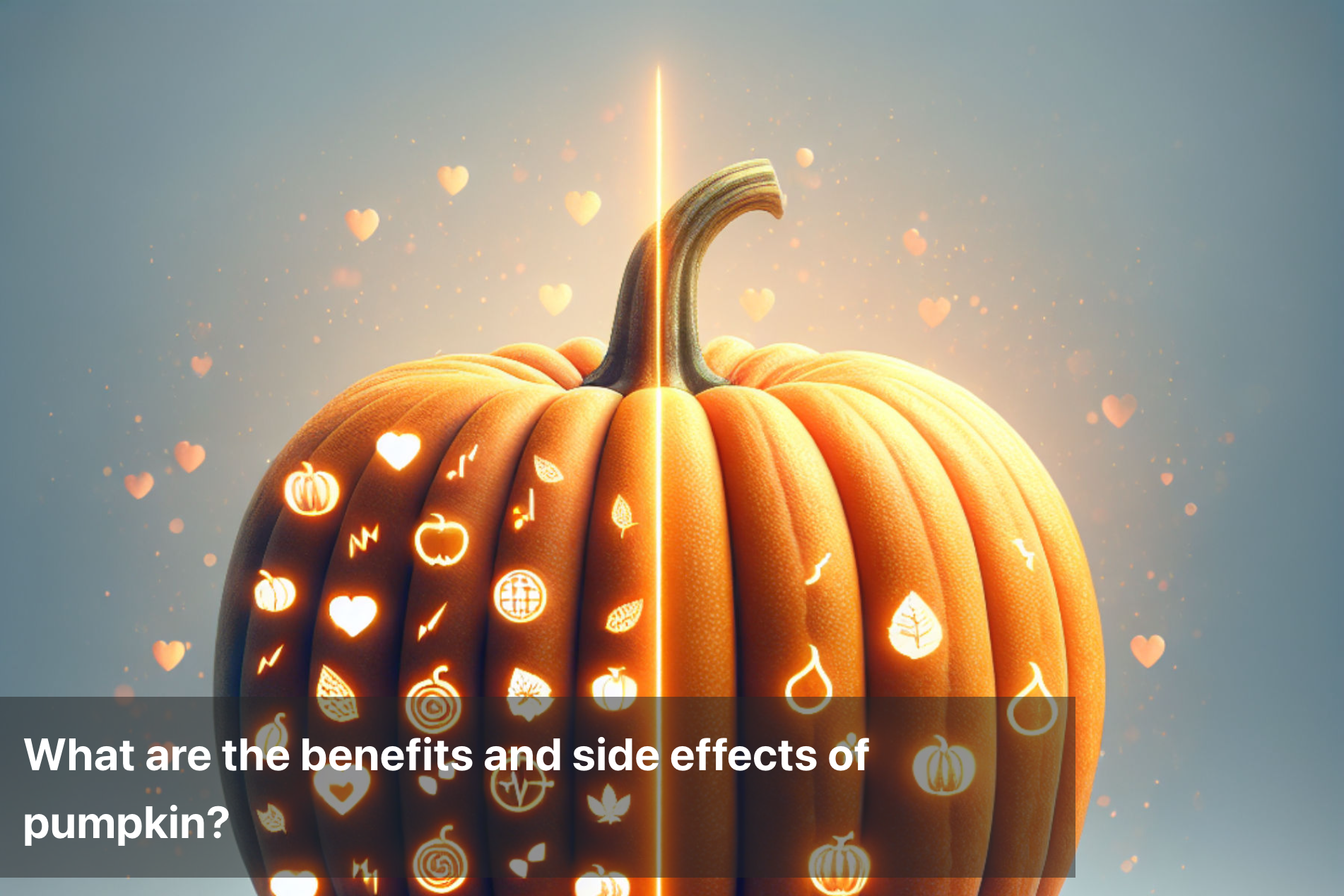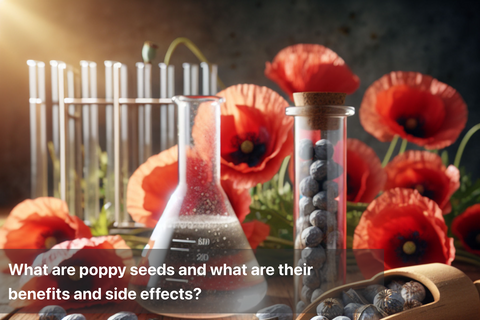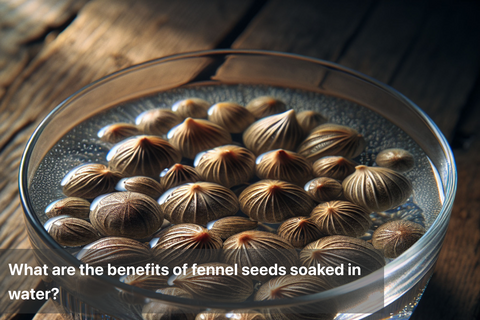
What are the benefits and side effects of pumpkin?
Pumpkin is more than just a decorative item for fall. It serves as a versatile food source, offering a range of culinary possibilities and a wealth of nutritional benefits. Rich in vitamins A and C, fiber, and antioxidants, pumpkins play an essential role in promoting overall health. The bright orange color of pumpkin indicates its high beta-carotene content, which is known to support eye health and bolster the immune system.
Culturally, pumpkins have deep roots. From Thanksgiving pies to Halloween lanterns, they feature prominently in various traditions around the world. In some cultures, pumpkin is used not just for its flavor but also for its medicinal properties. Traditional medicine often incorporates pumpkin leaves and seeds for their health benefits, making this gourd a favorite in natural health circles.
However, it's essential to approach pumpkin consumption mindfully. While there are numerous pumpkin benefits, such as supporting weight management and enhancing skin health, some individuals might experience side effects like digestive upset. Understanding both the benefits of pumpkin and potential drawbacks ensures you can enjoy this nutritious food safely. Integrating pumpkin into your diet can lead to delicious meals and health advantages, making it a worthy addition to your pantry.

Nutritional Profile
Nutrient |
Amount |
|---|---|
Calories |
26 kcal |
Water |
92.3 g |
Carbohydrates |
6.5 g |
Sugars |
2.8 g |
Vitamin A |
852 µg (170% DV) |
Calcium |
21 mg |
Iron |
0.8 mg |
Magnesium |
12 mg |
Potassium |
340 mg |
Health Benefits
Improves Digestion: The fiber in pumpkin aids in digestion by promoting regular bowel movements and preventing constipation. It also supports a healthy gut microbiome.
Rich in Vitamin A (Beta-Carotene): Pumpkin is an excellent source of vitamin A, which plays a crucial role in vision health, supporting the immune system, and promoting skin health. The high levels of beta-carotene, an antioxidant, also help protect against cellular damage.
Supports Heart Health: Pumpkins are a good source of potassium, which helps maintain healthy blood pressure and supports heart function. Their fiber content also contributes to lowering cholesterol levels, which benefits cardiovascular health.
Boosts Immune Health: The vitamin C in pumpkin supports the immune system, helping to fight off infections. Together with other antioxidants, it can reduce inflammation and oxidative stress.
Promotes Skin Health: The high levels of vitamin A, vitamin C, and antioxidants in pumpkin help to protect the skin from damage caused by the sun and environmental pollutants. These nutrients also support collagen production, keeping the skin youthful and elastic.
Potential Side Effects of Pumpkin
Risk of Weight Gain (if over-consumed): While pumpkin is low in calories, consuming large quantities, especially in the form of pumpkin dishes that are high in added fats or sugars (like pumpkin pie), can contribute to weight gain due to the extra calories.
Allergic Reactions: Although rare, some individuals may experience an allergic reaction to pumpkin or pumpkin seeds. Symptoms could include skin rashes, itching, or more severe reactions like swelling and difficulty breathing. If you suspect an allergy, consult a healthcare provider.
Blood Sugar Concerns: While pumpkin has a low glycemic index, excessive consumption of pumpkin, especially in the form of pumpkin-based desserts (which may have added sugars), could potentially cause spikes in blood sugar levels, particularly for individuals with diabetes.
High Potassium Levels (for people with kidney issues): Pumpkin is high in potassium, which is important for heart and muscle function. However, people with kidney disease or those on medications that affect potassium levels should be cautious about consuming too much pumpkin, as it can lead to hyperkalemia (high potassium levels in the blood).
How to Enjoy Pumpkin for Maximum Benefits?
Blend into smoothies: Add pumpkin puree to smoothies for a boost of vitamins and minerals, ensuring it’s balanced with other fruits and vegetables.
Add to Your Breakfast: Sprinkle roasted pumpkin seeds or a spoonful of pumpkin puree on oatmeal or yogurt for a nutrient boost at breakfast. This will also help with digestion due to the fiber content.
Consume Pumpkin Seeds in Moderation: While pumpkin seeds are packed with nutrients, consume them in moderation (a small handful, or about 1-2 tablespoons). Eating too many may lead to digestive issues or excess calorie intake.
Choose Fresh Pumpkin or Homemade Puree: Opt for fresh pumpkin or homemade puree instead of canned versions, which may contain added sugars or preservatives that can negate some of its health benefits.
Consider Your Health Conditions: If you have kidney issues, be cautious about the potassium content in pumpkin. Stick to moderate servings and consult with your healthcare provider if you have concerns about your potassium levels.
Balance with Hydration: Since pumpkin has a high fiber content, make sure to drink plenty of water to aid digestion and prevent any gastrointestinal discomfort from fiber overload.

Key Insights
Pumpkins are high in vitamin A (beta-carotene), vitamin C, fiber, and antioxidants, promoting eye health, immunity, and skin health.
The fiber in pumpkin supports digestion and gut health, preventing constipation.
Rich in potassium and fiber, pumpkins help lower cholesterol and maintain healthy blood pressure.
Vitamins A and C help protect skin from sun damage and promote collagen production.
Rare allergic reactions may occur, causing skin irritation or more severe symptoms.
Excessive consumption, especially in sugary or fatty dishes, can lead to weight gain and digestive issues.
Use fresh pumpkin or homemade puree, and balance with hydration to aid digestion.
People with kidney issues should monitor pumpkin intake due to its high potassium content.
This Blog post is an initiative by Lo! Foods, to provide accurate and Nutritionist / Doctor approved information related to Health. Lo! Foods is India's leading brand for Everyday Functional Foods. Foods designed for specific Health conditions or Needs. Lo! Foods also runs India's largest range of Low Carb Healthy Cloud Kitchens, under the brand names of Lo!, ProteinChef, ATH (All Things Healthy) and DiabeSmart.













Leave a comment
Your email address will not be published.